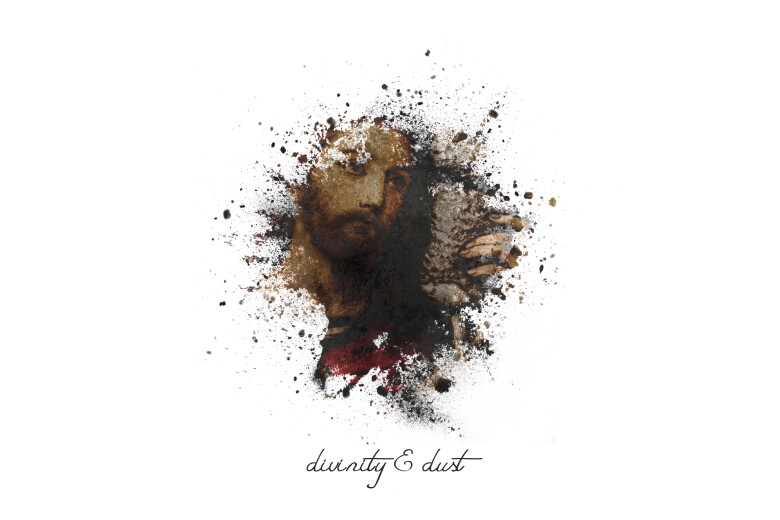Divinity and Dust: Spiritual Friendship
September 22, 2013 | Josh Graves
Divinity and Dust: Spiritual Friendship
John 13, 18, 21 and Ruth 1
Listen to Josh's teaching from Sunday on Podomatic (also on iTunes)
In this series I'm calling Divinity and Dust, we have covered several basic but world-altering truths of our sacred story.
- God is the all-powerful creator and sustainer of life.
- God created everything and called it good.
- God designed humans with meticulous devotion and deems us very good.
- We are invited to co-partner with God in caring/stewarding creation.
- Sin and death make this calling difficult.
- God is always pursuing us in our work, relationships, and experiences.
We've explored the teachings of Romans (the disease that is found in one of us, hunts all of us). We are not fixated on the symptoms of our brokenness, but on the cancer waging war in our bodies and society. We've remembered that God is equally reflected in women and men, the church operates from within our gifts not our gender.
Yesterday, during our gathering time in the sanctuary, we closely examined Jesus' ethic (teaching plus life = Jesus' ethic) of friendship. That is, a friend is not someone who a) is interested in using others to get ahead b) wants to be seen with others who have power and influence or c) seeks only to get what is needed for personal gain.
A friend is one who is willing to lay down one's life on behalf of another human. That's Jesus' basic understanding of true friendship (be it marriage, a roommate, co-worker, neighbor, etc). Theologian Gail O'Day aptly summarizes Jesus' ethic on friendship: “In the gift of his life in friendship, Jesus showed that true love is love that knows no limits. As the hour of Jesus’ death approaches, John tells the reader that Jesus loved his own “to the end” (13:1). “To the end” (eis to telos) can mean simultaneously “to the end of time” and “to the full extent of love.” To love to the full extent of love means that Jesus loves perfectly, that in Jesus’ act of love one sees love perfected. For Jesus, and subsequently for Peter, the full extent of love meant the laying down of one’s life. For the beloved disciple, the full extent of that love meant testifying with his whole life to the love of God in Jesus. John 21 suggests that both ways of loving are acts of faithfulness, that both ways of loving make one Jesus’ friend.”
The church is a family but it is also a family of spiritual friends.
Love with no limits.
I'm in. I hope you will join me.
Peace,
Josh
Series Information

